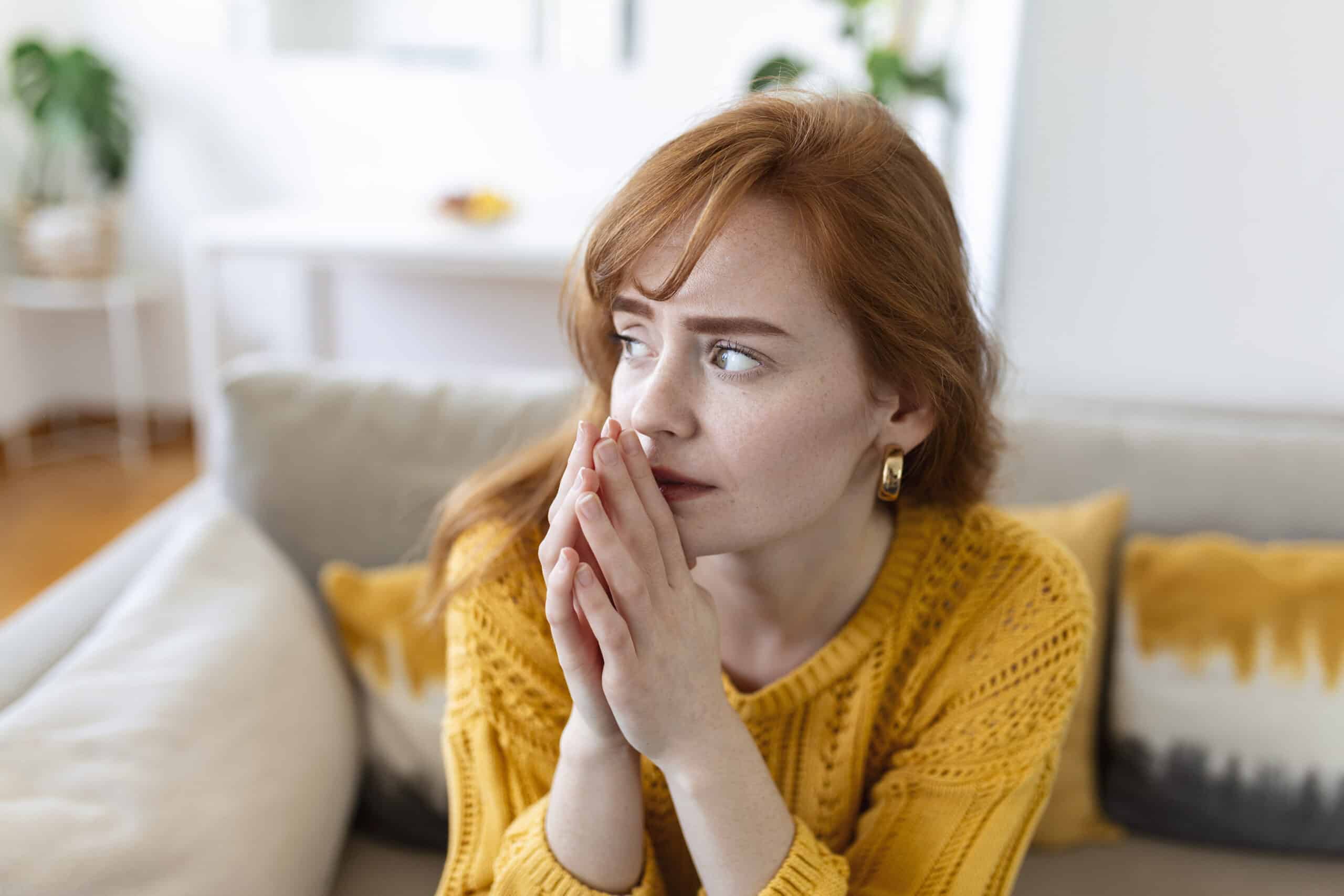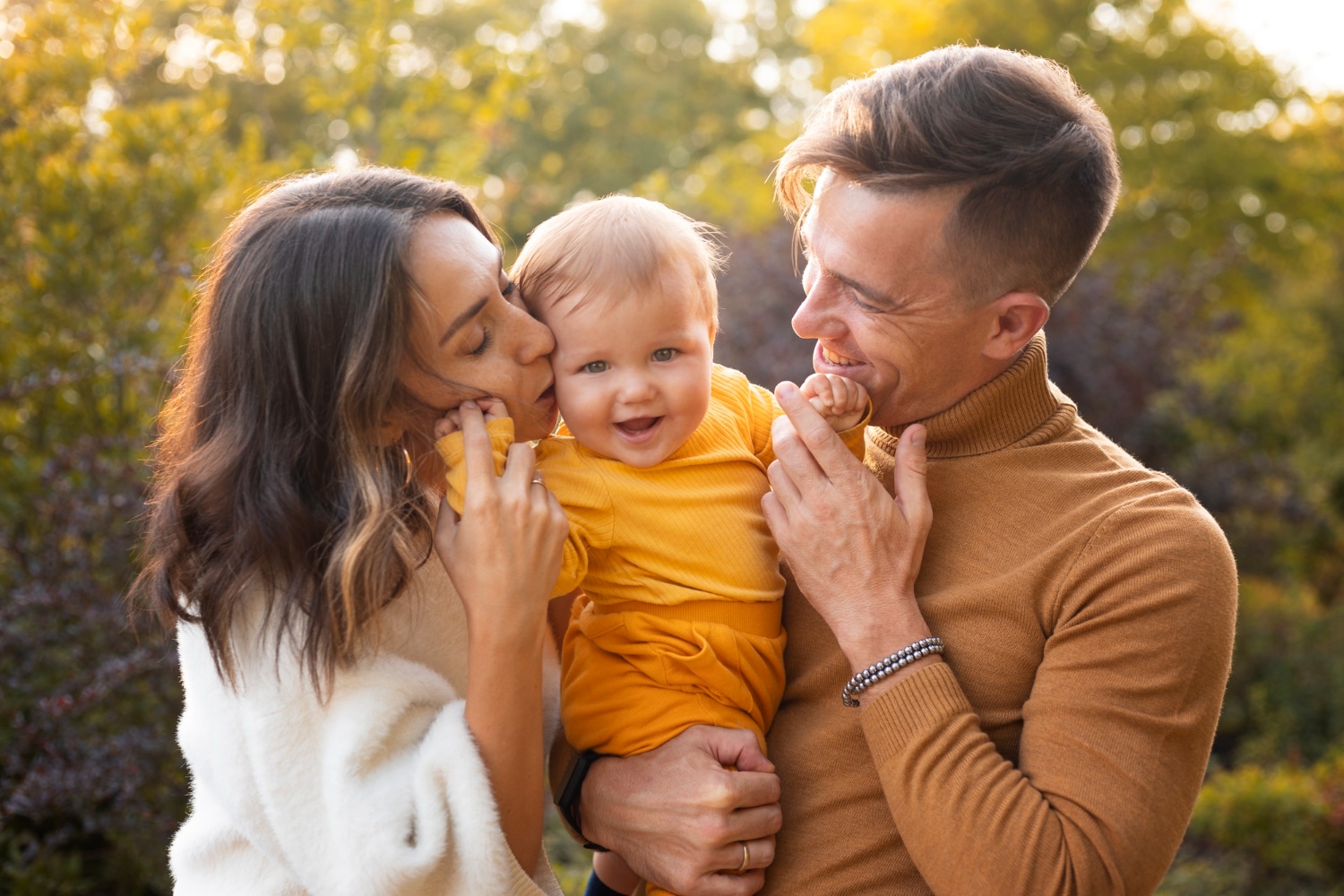Ketamine For Anxiety In Durango, CO

What Is Anxiety?
Occasional feelings of anxiety and panic are a natural part of everyday life, but those with a diagnosed anxiety disorder feel it much more persistently.
Anxiety disorders are thought to affect up to 40 million adults every year. Unfortunately, not even 40% of those cases are getting treatment for their anxiety. Anxiety may not be able to be “cured” with treatment in most cases, but the symptoms can be managed with treatment and relief can be provided.
People with high stress or childhood trauma may be more likely to develop an anxiety disorder, as well as people with a family history of anxiety or other mental health disorders. Anxiety disorders can bring a higher risk of developing depression or heart disease, and some may turn to substance abuse to try to alleviate the symptoms of their disorder.
How Does Ketamine Treat Anxiety?
Ketamine, first developed and approved by the FDA as an anesthetic, is a promising new innovation in the field of anxiety treatment.
While you may know it as the club drug often abused as Special K, Ketamine is what some doctors are calling the biggest breakthrough in depression and anxiety treatment in decades.
When infused at a low dose into the bloodstream, research shows that Ketamine may be up to 80% effective at providing relief for anxiety disorder symptoms.
THE WAIT IS OVER. RELIEF IS HERE.
We utilize the powerful effect of ketamine to treat conditions such as depression, post-traumatic stress disorder (PTSD), obsessive-compulsive disorder (OCD), severe anxiety, bipolar disorder, and migraines. The clinic also treats complex chronic pain conditions such as fibromyalgia, complex regional pain syndrome (CRPS) or reflex sympathetic dystrophy (RSD), and many other painful neuropathies.
The Different Types of Depression
Generalized Anxiety Disorder (GAD)
Characterized by consistent worry, anxiety, and tension, even if there is nothing to bring it on.
Obsessive Compulsive Disorder (OCD)
Characterized by recurrent intrusive thoughts (known as obsessions) and repetitive behaviors (known as compulsions). These compulsions, sometimes called rituals, are performed in an attempt to prevent these obsessive thoughts or make them subside. The compulsions typically only offer temporary relief, however, and can further contribute to anxiety.
Panic Disorder
Characterized by repeated episodes of intense fear that bring on physical symptoms such as chest pain, shortness of breath, heart palpitations, dizziness, or abdominal distress.
Post Traumatic Stress Disorder (PTSD)
Brought on after experiencing or witnessing a life-threatening or traumatic event.
Social Anxiety Disorder
Characterized by intense anxiety and self-consciousness in everyday social situations. It may be limited to only public speaking, but some people may experience symptoms whenever they are around other people.
Agoraphobia
Characterized by avoidance of places or situations that trigger feelings of anxiety or panic.


